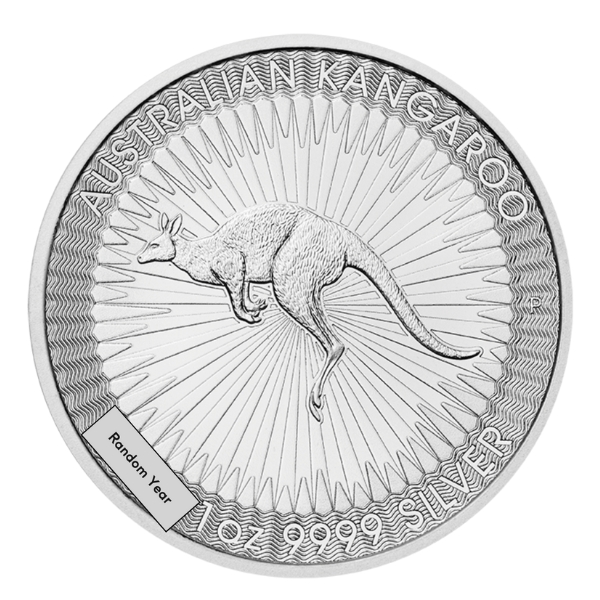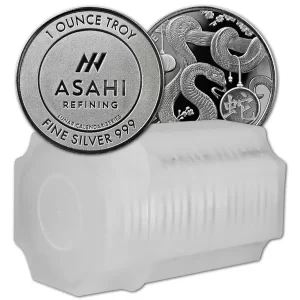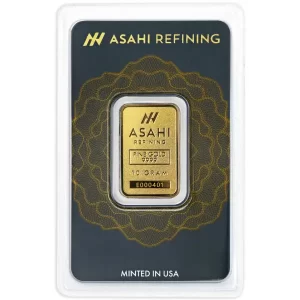What is Inflation and How Does it Impact Our Economy?
A prolonged increase in the average price of goods and services over time is referred to as inflation. In other terms, inflation is the pace of decline in money’s ability to buy things over time. The economy is impacted by inflation in a multitude of manners:
- Decreased purchasing power.
- Increased production costs.
- Interest rate changes.
- Distribution of income within a society.
What Makes Gold the Best Investment Option as an Inflation Hedge?
- Limited supply: A finite resource, there is a finite amount of gold that can be mined. This implies that gold cannot readily be produced more, making it less susceptible to inflationary pressures.
- Store of value: Since ancient times, gold has been utilised as a store of wealth. Gold is not susceptible to inflation-related devaluation or depreciation, unlike paper money. This is so because the price of gold is independent of all other currency values.
- Tangible asset: Because gold is a tangible asset that can be retained and stored, it is less vulnerable to changes in the financial markets. As a result, it is regarded as a safer investment during periods of inflation or economic uncertainty.
- Historical track record: Gold has historically performed well during periods of high inflation. For example, during the 1970s when inflation was high, the price of gold soared. This has given investors’ confidence that gold can serve as a reliable hedge against inflation.
- Perceived value: Because of its scarcity and beauty, gold is frequently thought to have inherent value. Due to investors’ willingness to pay more for it during periods of inflation, this sense of worth might boost its price.
Different Strategies for Gold Investing to Protect Your Wealth from Inflation
- Physical gold: This involves buying physical gold such as bars or coins. This strategy is preferred by investors who want to have direct ownership of the metal.
- Gold Exchange-Traded Funds (ETFs): This involves buying shares in a gold ETF, which is a fund that holds physical gold. This strategy is preferred by investors who want exposure to gold without the hassle of storing physical gold.
- Gold mining stocks: This strategy is preferred by investors who want to have exposure to gold and benefit from the potential upside of owning shares in a profitable mining company.
- Gold futures and options: This involves buying contracts that give the holder the right to buy or sell gold at a future date.
- Gold jewellery and collectibles: This strategy is preferred by investors who value gold for its aesthetic and cultural significance.
Regardless of the strategy chosen, it is important to do thorough research and consult with a financial advisor.
Tags: Why Investing in Gold
 Hi,
Hi,





















